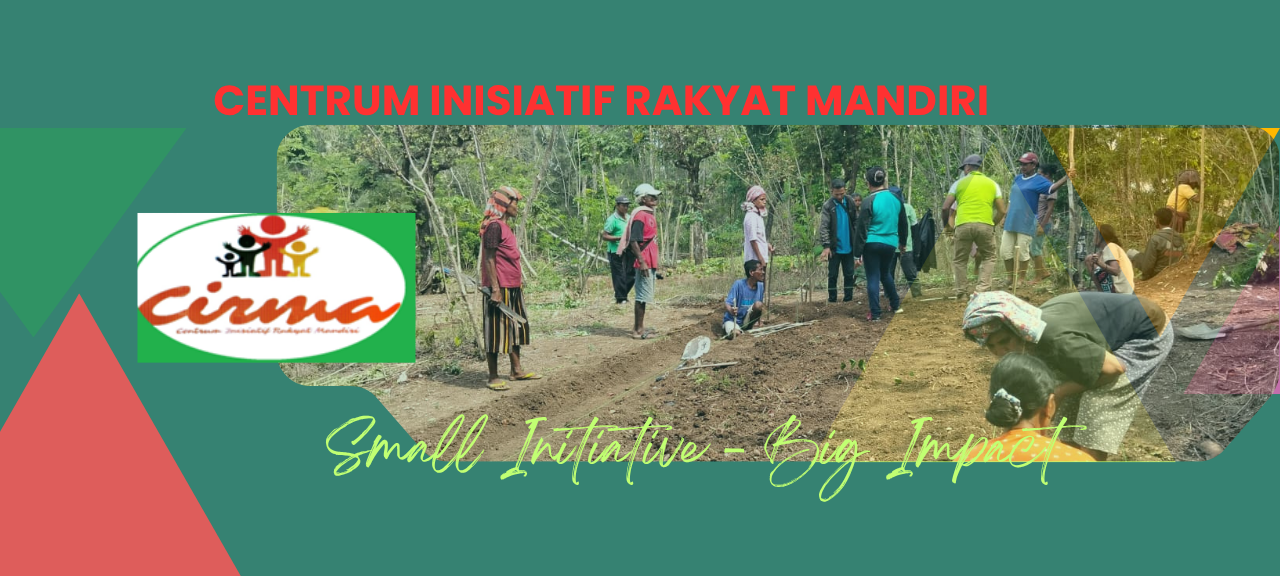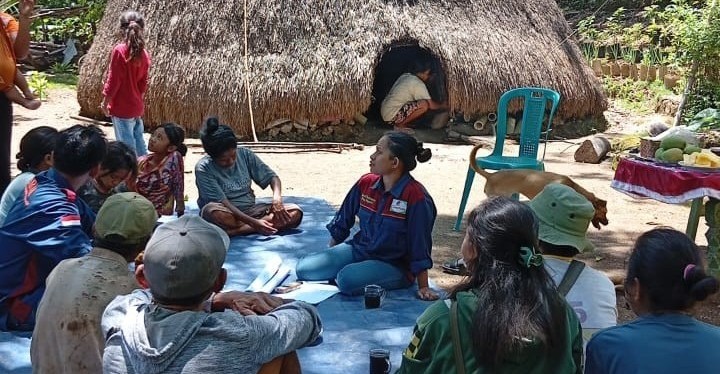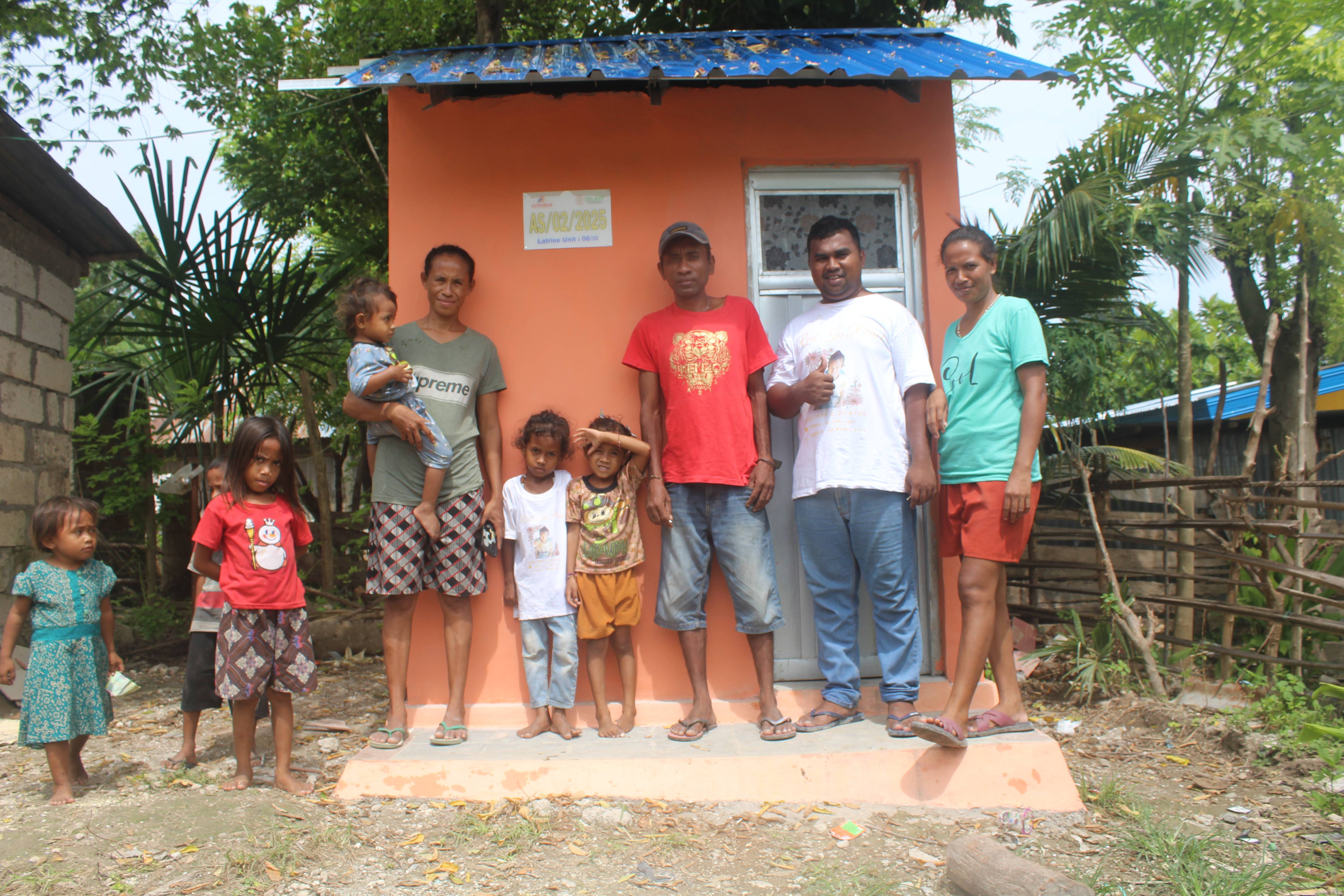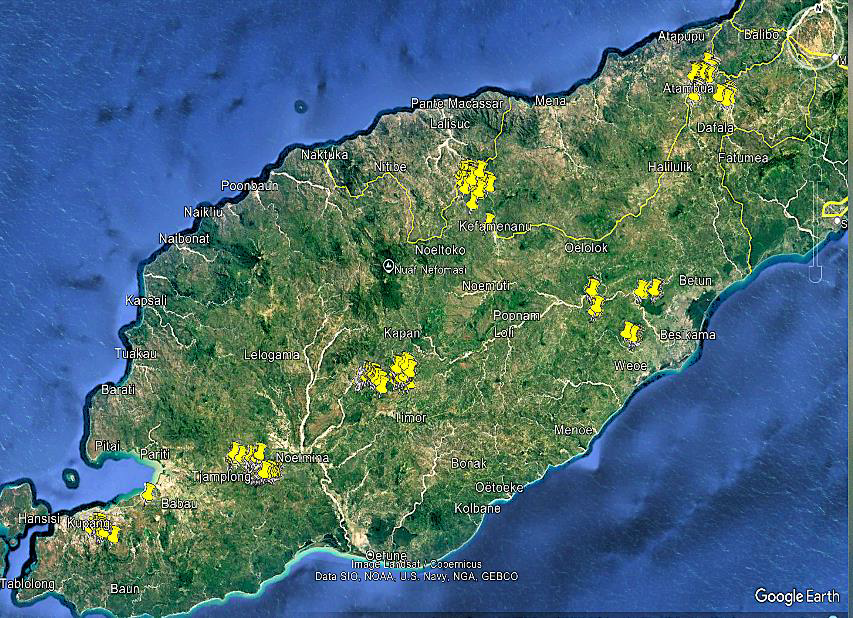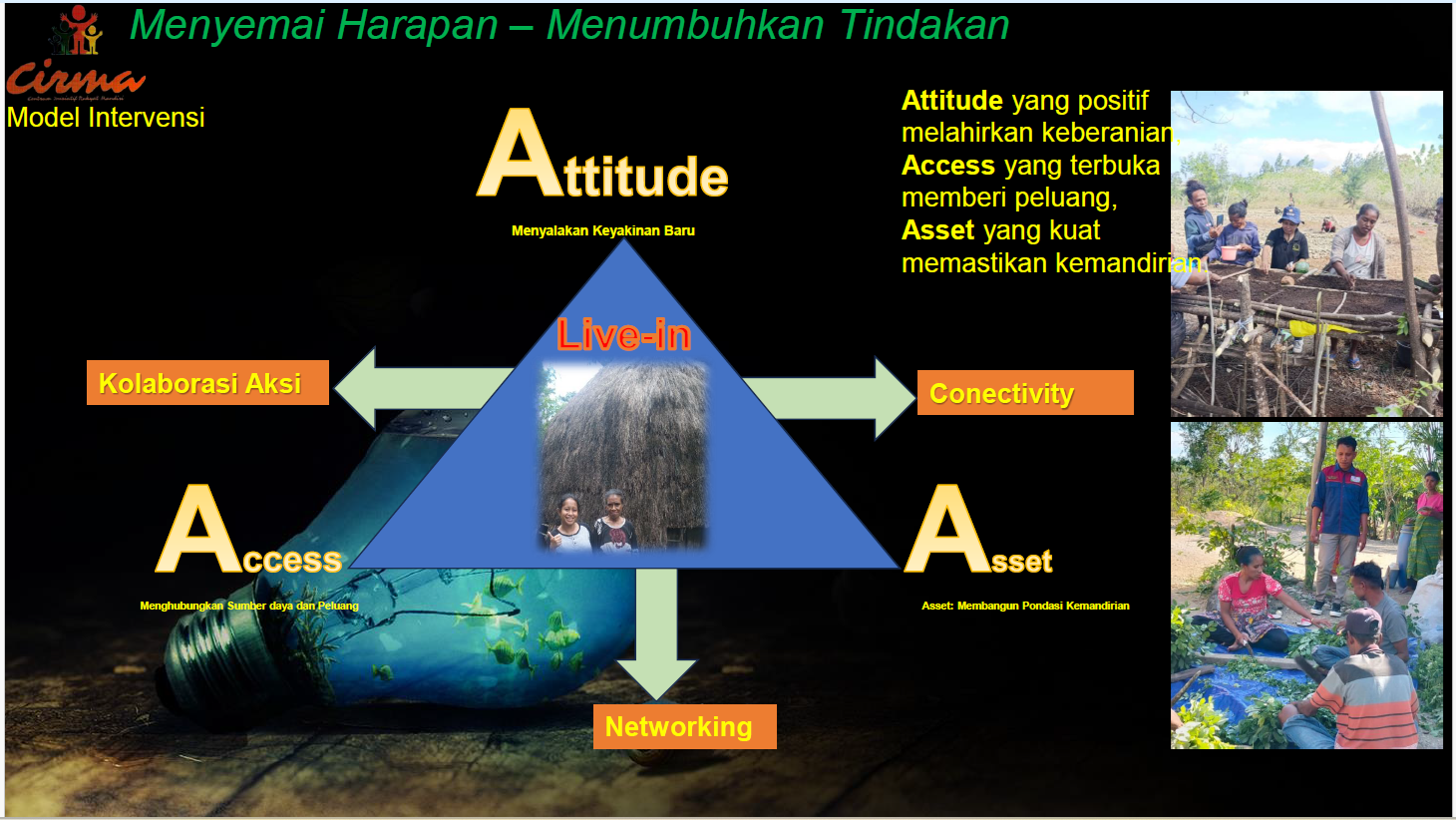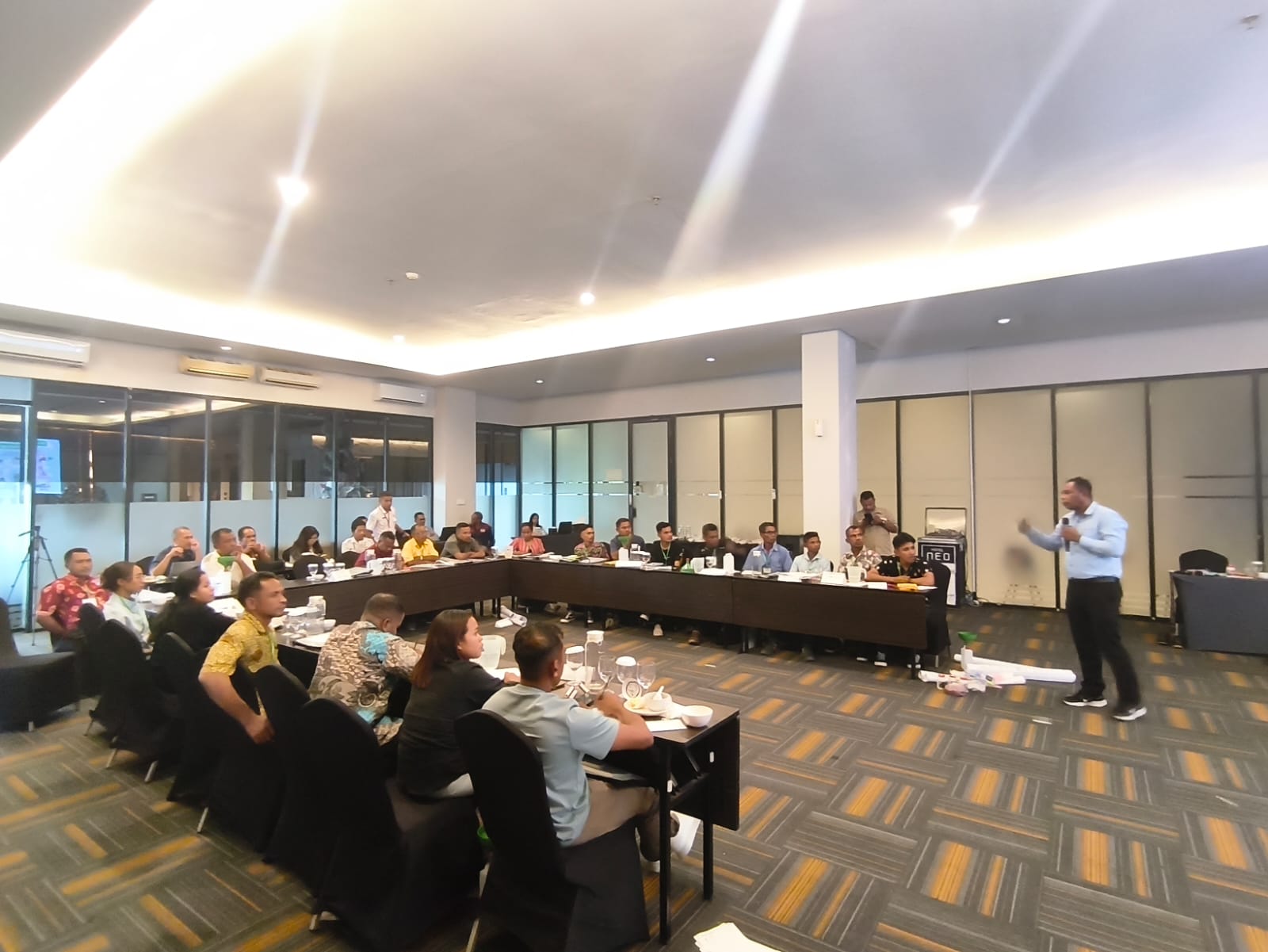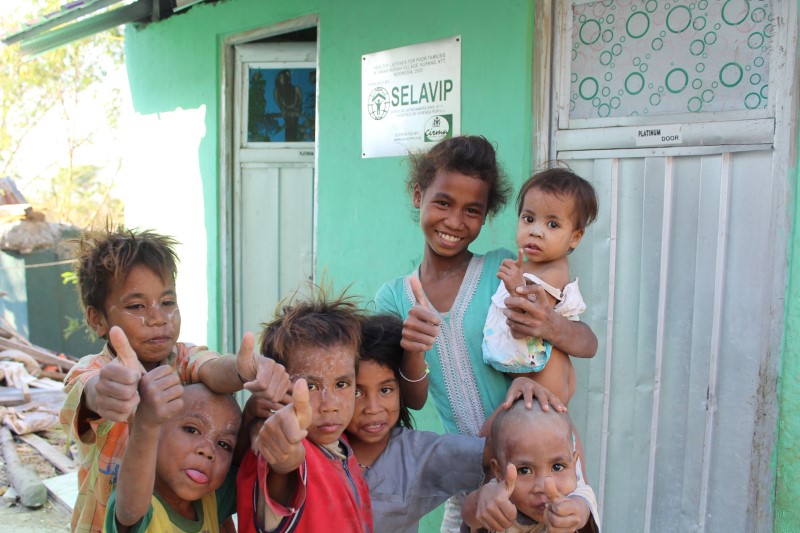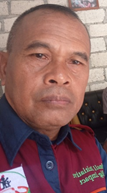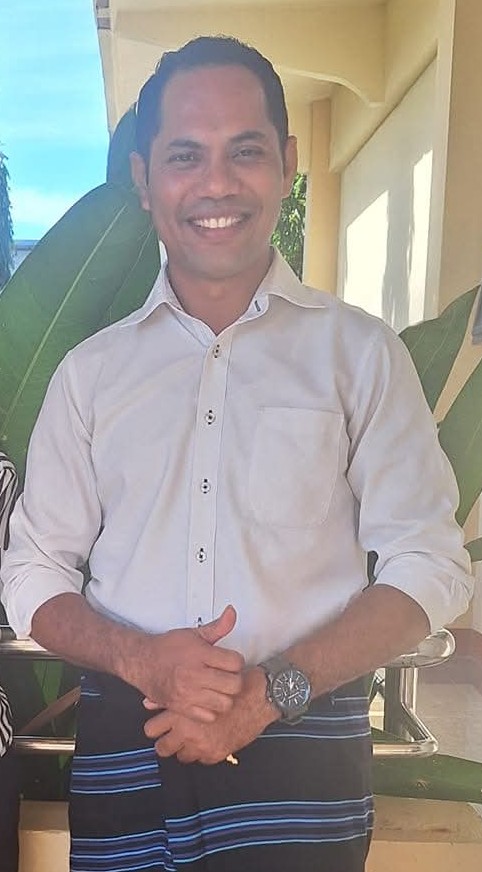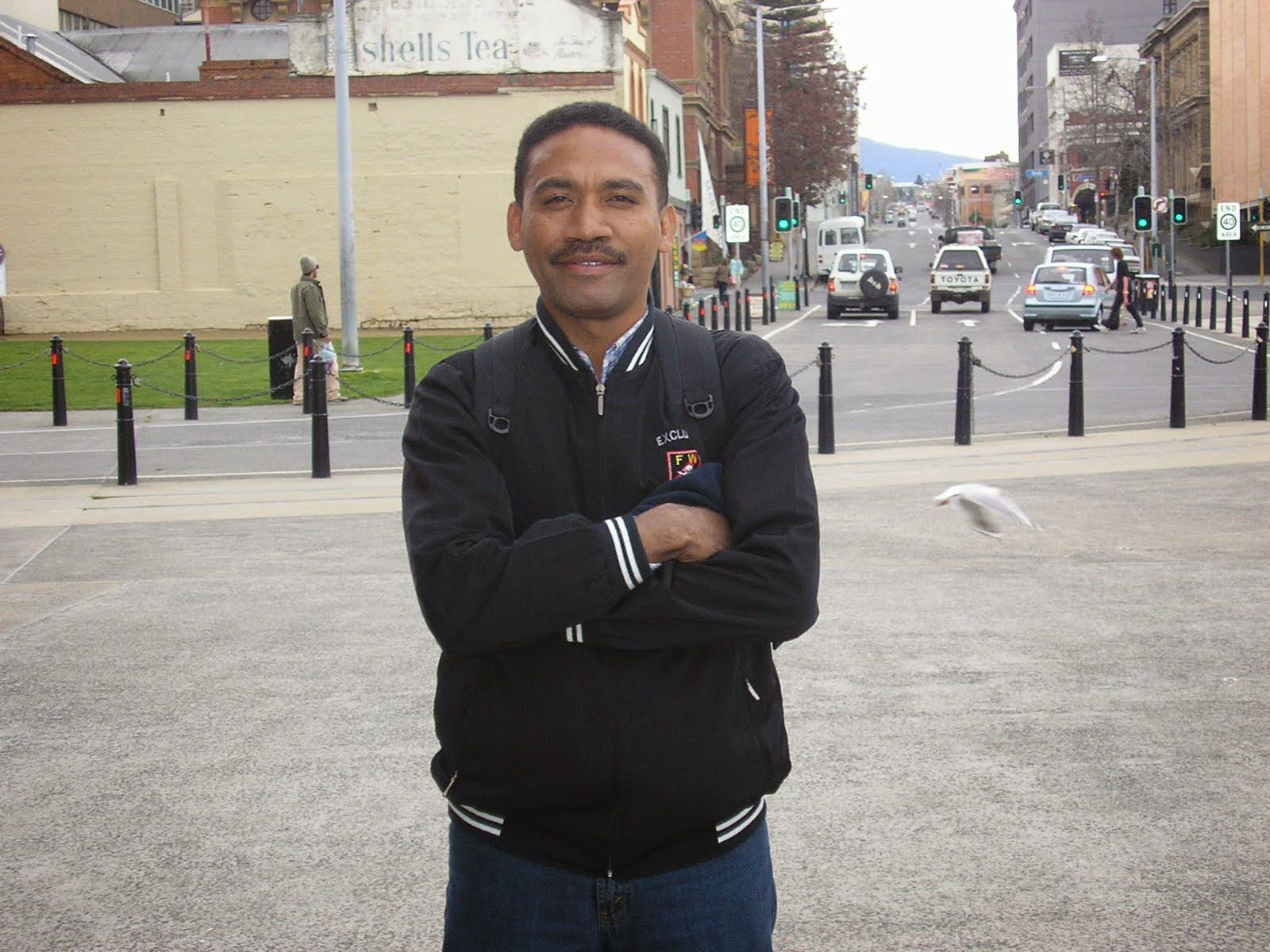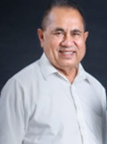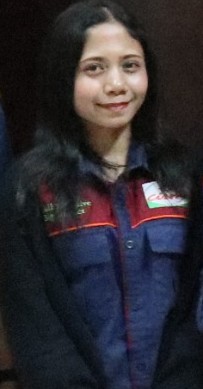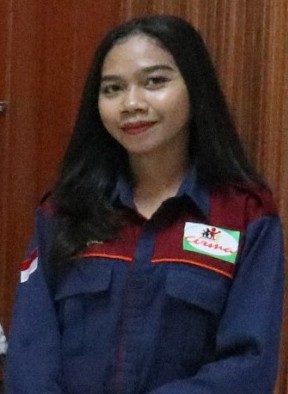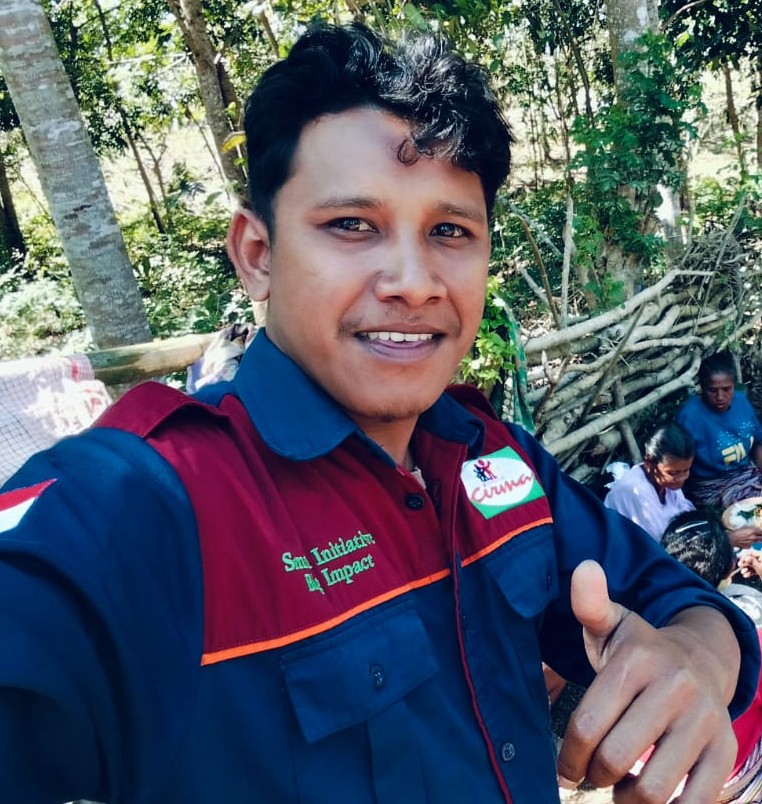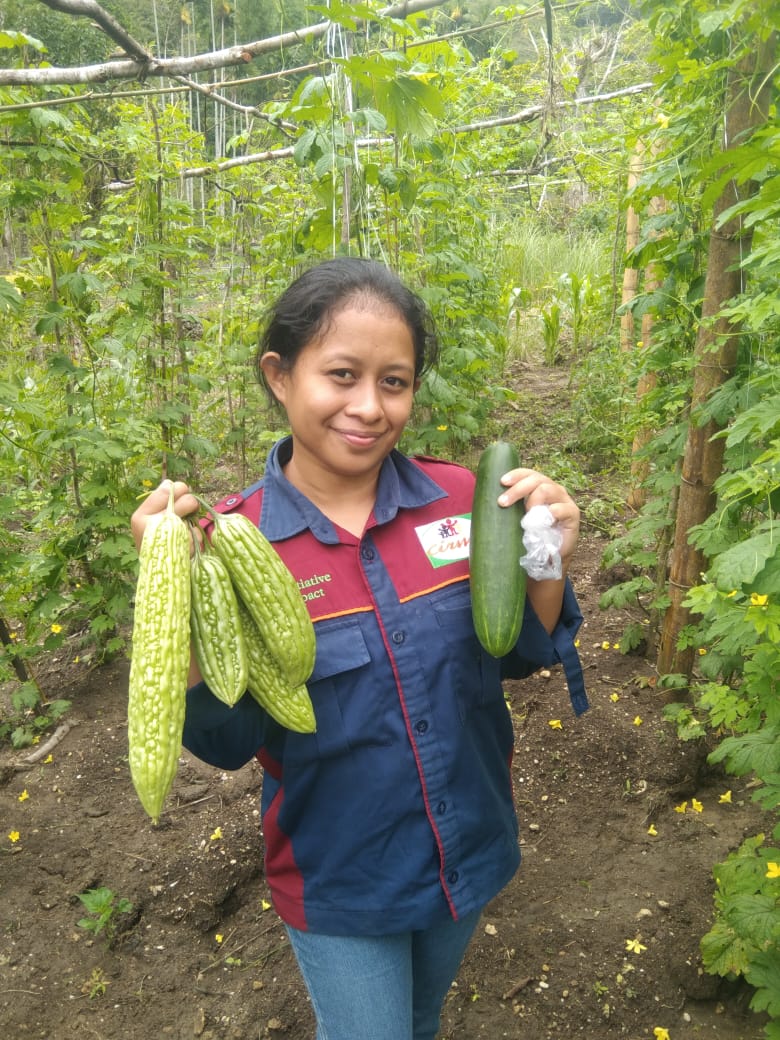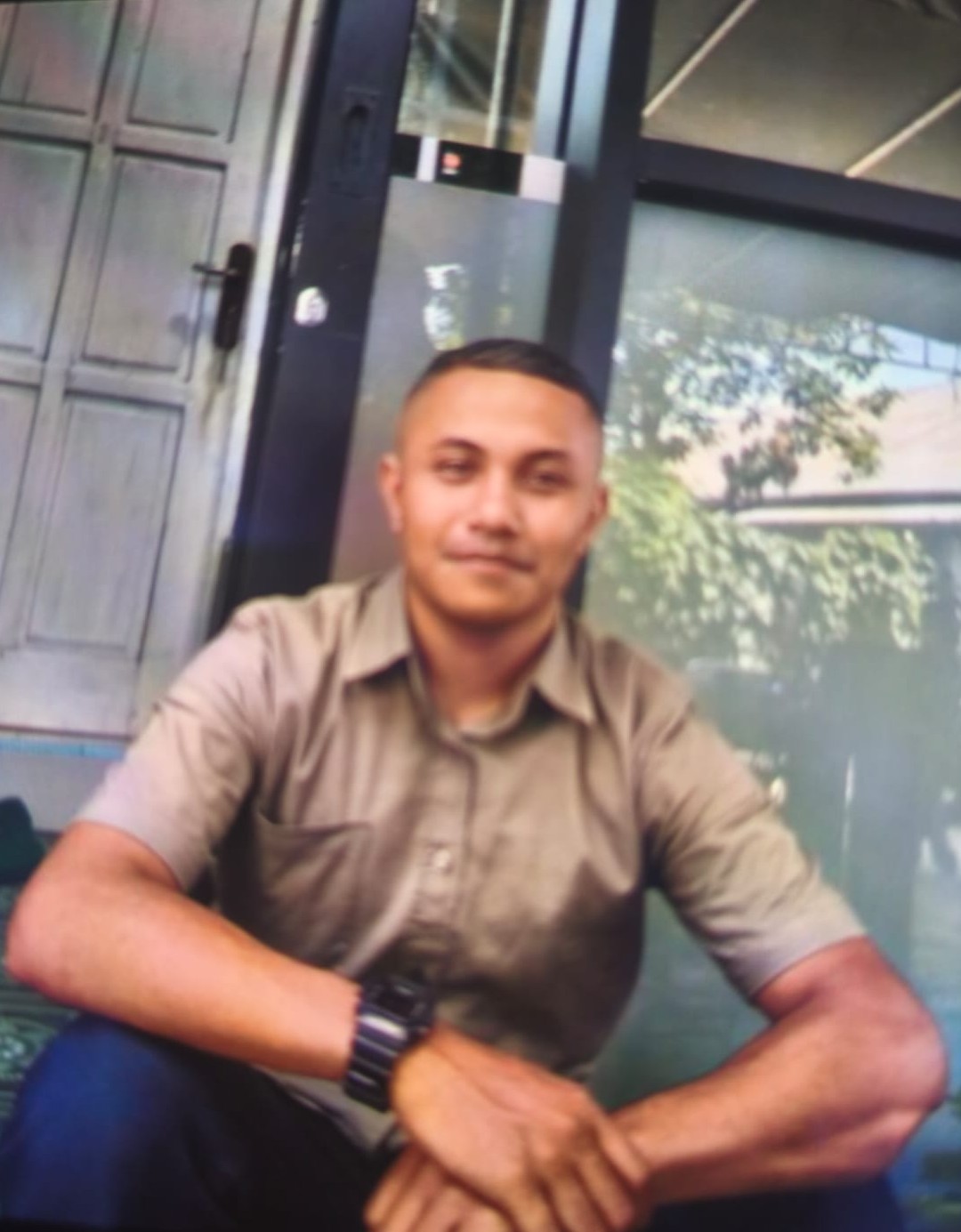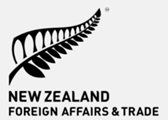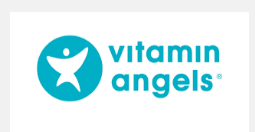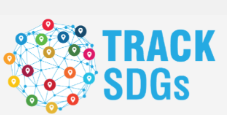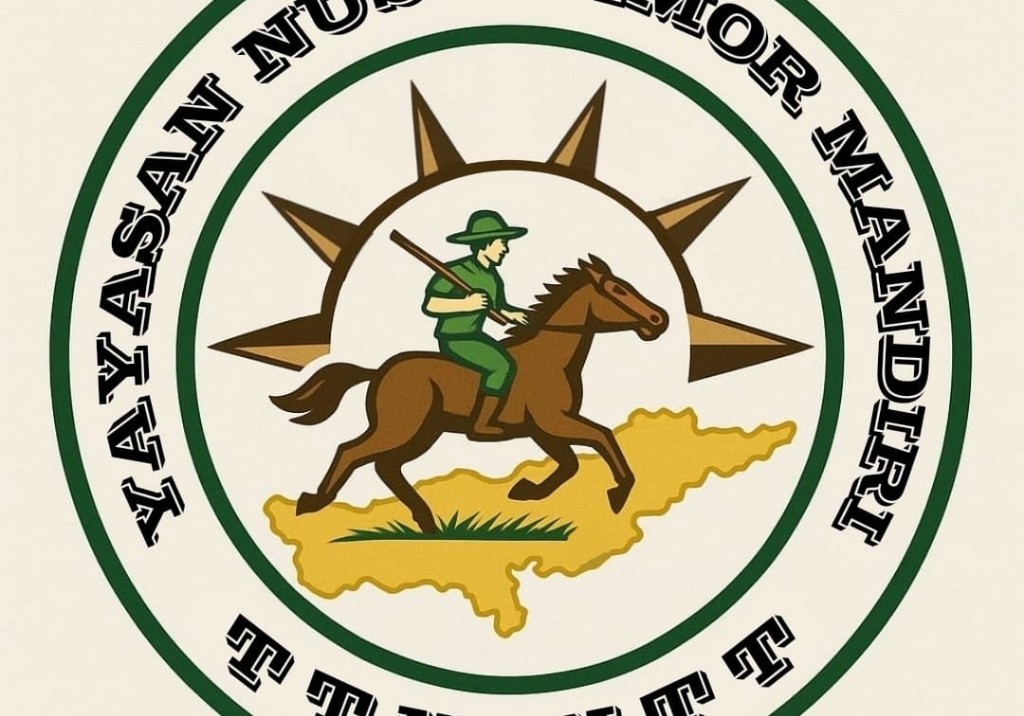Advancing Climate Justice and Smallholder Farmers’ Resilience in West Timor
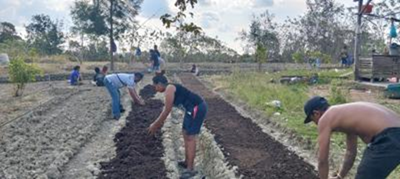 West Timor is a land blessed with rich cultural traditions and strong communal solidarity, yet it is also one of the most climate-vulnerable regions in Indonesia. Unpredictable weather patterns, erratic rainfall, prolonged droughts, and limited basic infrastructure have placed smallholder farmers in an increasingly precarious position. Their challenges go beyond agricultural production—they face economic uncertainty and the looming threat of losing their livelihoods. In this context, CIRMA (Centrum Inisiatif Rakyat Mandiri) steps in with the spirit of community-driven change. CIRMA believes that genuine transformation can only happen when rural communities—especially smallholder farmers—are recognized as the main agents of change. Through the program “Empowering West Timor: Advancing Climate Justice and Community Resilience for Rural Smallholder Farmers”, CIRMA is committed to building community resilience while advancing climate justice across West Timor.
CIRMA’s framework is grounded in the Triple A model of intervention – Attitude, Access, and Asset. The first change begins with Attitude, shifting farmers’ perspectives to become more critical and confident that they can create local solutions to climate challenges. This process is nurtured through climate field schools, community discussions, and ecological farming practices that foster a new awareness of the importance of living in harmony with nature. The second pillar is Access, which ensures smallholder farmers gain access to climate information, markets, financing, and technology—resources that were often out of reach. CIRMA facilitates collaboration with BMKG (the Indonesian Meteorological, Climatological, and Geophysical Agency), financial institutions, and local governments to make these services available and accessible in rural communities.
The third pillar, Asset, focuses on strengthening farmers’ economic and social bases. Through farmer cooperatives, productive land management, and community-based innovations, CIRMA encourages the development of collective assets that can sustain farmers amidst climate and market shocks. This Triple A model is implemented through CIRMA’s distinctive Live-in approach, where facilitators and field officers live within communities, sharing daily life with farmers. This method fosters trust, mutual learning, and a deep understanding of local realities. As a result, interventions are not imposed projects, but rather co-created processes rooted in lived experience and genuine needs.
From this approach, several concrete initiatives have emerged. One key effort is the establishment of horticulture demonstration plots in partner villages. These plots serve as collective learning spaces where farmers experiment with climate-resilient horticultural varieties, adaptive cropping systems, and ecological inputs. The demplots are practical “living laboratories” that help farmers increase productivity and income while preserving the environment. Alongside this, CIRMA promotes ecological innovations as the foundation of green rural economies. A notable example is the production and use of eco-enzyme derived from household organic waste. This low-cost, environmentally friendly liquid fertilizer reduces farmers’ reliance on chemical inputs while turning household waste into a productive asset.
Farmers are also encouraged to practice ecological farming methods rooted in local wisdom, such as intercropping systems, cover crops, and simple water conservation techniques. Together, these practices strengthen food security, reduce environmental pressure, and spark new pathways for sustainable rural economies. The journey is not without challenges. Structural barriers, limited financial resources, and policy gaps remain significant hurdles. Yet, with revitalized farmer groups, stronger networks, and strategic alliances with government, academia, media, and civil society, CIRMA is confident that the path toward climate justice can be paved from the villages of West Timor.
This journey has also been strengthened by global collaboration. The partnership with the Climate Justice Resilience Fund (CJRF) has been instrumental in supporting CIRMA’s mission to empower smallholder farmers in West Timor. As a cross-border initiative, CJRF provides not only resources but also a global solidarity framework that reinforces CIRMA’s work, enabling impactful change within farming communities while linking their struggles to the broader movement for climate justice.
Signs of change are already visible. Farmers who were once hesitant now embrace new planting methods in horticulture demplots. Communities that once resigned themselves to the uncertainty of the seasons now make informed decisions with access to reliable climate information. And groups that used to stand alone are now connected in a web of solidarity, sharing knowledge and resilience across villages. For CIRMA, these stories are proof that true change grows from the ground up—from the persistence, creativity, and hope of smallholder farmers. What is taking root in West Timor’s villages is not merely a project, but a movement toward a just and sustainable future.
The struggle ahead remains long, but one truth is clear: from the dry lands of West Timor, new hope is growing. A greener, fairer, and more resilient world can indeed begin in the villages—led by smallholder farmers, for the sake of our common earth.
West Timor is a land blessed with rich cultural traditions and strong communal solidarity, yet it is also one of the most climate-vulnerable regions in Indonesia. Unpredictable weather patterns, erratic rainfall, prolonged droughts, and limited basic infrastructure have placed smallholder farmers in an increasingly precarious position. Their challenges go beyond agricultural production—they face economic uncertainty and the looming threat of losing their livelihoods. In this context, CIRMA (Centrum Inisiatif Rakyat Mandiri) steps in with the spirit of community-driven change. CIRMA believes that genuine transformation can only happen when rural communities—especially smallholder farmers—are recognized as the main agents of change. Through the program “Empowering West Timor: Advancing Climate Justice and Community Resilience for Rural Smallholder Farmers”, CIRMA is committed to building community resilience while advancing climate justice across West Timor.
CIRMA’s framework is grounded in the Triple A model of intervention – Attitude, Access, and Asset. The first change begins with Attitude, shifting farmers’ perspectives to become more critical and confident that they can create local solutions to climate challenges. This process is nurtured through climate field schools, community discussions, and ecological farming practices that foster a new awareness of the importance of living in harmony with nature. The second pillar is Access, which ensures smallholder farmers gain access to climate information, markets, financing, and technology—resources that were often out of reach. CIRMA facilitates collaboration with BMKG (the Indonesian Meteorological, Climatological, and Geophysical Agency), financial institutions, and local governments to make these services available and accessible in rural communities.
The third pillar, Asset, focuses on strengthening farmers’ economic and social bases. Through farmer cooperatives, productive land management, and community-based innovations, CIRMA encourages the development of collective assets that can sustain farmers amidst climate and market shocks. This Triple A model is implemented through CIRMA’s distinctive Live-in approach, where facilitators and field officers live within communities, sharing daily life with farmers. This method fosters trust, mutual learning, and a deep understanding of local realities. As a result, interventions are not imposed projects, but rather co-created processes rooted in lived experience and genuine needs.
From this approach, several concrete initiatives have emerged. One key effort is the establishment of horticulture demonstration plots in partner villages. These plots serve as collective learning spaces where farmers experiment with climate-resilient horticultural varieties, adaptive cropping systems, and ecological inputs. The demplots are practical “living laboratories” that help farmers increase productivity and income while preserving the environment. Alongside this, CIRMA promotes ecological innovations as the foundation of green rural economies. A notable example is the production and use of eco-enzyme derived from household organic waste. This low-cost, environmentally friendly liquid fertilizer reduces farmers’ reliance on chemical inputs while turning household waste into a productive asset.
Farmers are also encouraged to practice ecological farming methods rooted in local wisdom, such as intercropping systems, cover crops, and simple water conservation techniques. Together, these practices strengthen food security, reduce environmental pressure, and spark new pathways for sustainable rural economies. The journey is not without challenges. Structural barriers, limited financial resources, and policy gaps remain significant hurdles. Yet, with revitalized farmer groups, stronger networks, and strategic alliances with government, academia, media, and civil society, CIRMA is confident that the path toward climate justice can be paved from the villages of West Timor.
This journey has also been strengthened by global collaboration. The partnership with the Climate Justice Resilience Fund (CJRF) has been instrumental in supporting CIRMA’s mission to empower smallholder farmers in West Timor. As a cross-border initiative, CJRF provides not only resources but also a global solidarity framework that reinforces CIRMA’s work, enabling impactful change within farming communities while linking their struggles to the broader movement for climate justice.
Signs of change are already visible. Farmers who were once hesitant now embrace new planting methods in horticulture demplots. Communities that once resigned themselves to the uncertainty of the seasons now make informed decisions with access to reliable climate information. And groups that used to stand alone are now connected in a web of solidarity, sharing knowledge and resilience across villages. For CIRMA, these stories are proof that true change grows from the ground up—from the persistence, creativity, and hope of smallholder farmers. What is taking root in West Timor’s villages is not merely a project, but a movement toward a just and sustainable future.
The struggle ahead remains long, but one truth is clear: from the dry lands of West Timor, new hope is growing. A greener, fairer, and more resilient world can indeed begin in the villages—led by smallholder farmers, for the sake of our common earth.
0 Komentar
Isi Komentar
CIRMA: Making a Real Impact for the Poorest Community
Project
Improving Toilets for Displaced People
2025-2026Donatur: SELAVIP CHILE
CIRMA proposed an initiative to construct 30 household sanitation toilets for 30 poor families living in the Los Palos resettlement area of Oebelo Vil...
Empowering West Timor: Advancing Climate Justice
2025-2027Donatur: CJRF - USA (Climate Justice Resilience Fund)
Title : “Empowering West Timor: Advancing Climate Justice and Community Resilience for Rural Smallholder Farmers”. Background & Context We...
Healthy Latrines for Frontier Poorest Households
2025-2026Donatur: SELAVIP CHILE
SELAVIP Foundation was created by the Belgian priest Josse van der Rest Emsens sj (1924 – 2020) being its concern and main mission to help the most...
Improving Access for Poor Families to Clean Water
2024-2025Donatur: Japan Water Fund
Through the support of the Japan Water Fund (JWF), CIRMA is implementing a program to revitalize the clean water installation and distribution network...
Video Gallery

WASH

Testimoni

Clean Water Access

Testimoni

MENDORONG PEMANFAATAN SAMPAH ORGANIK UNTUK KOMPOS EKO ENZIM DI KOTA KUPANG BERSAMA CIRMA INDONESIA

AYUB TITU EKI APRESIASI CIRMA, JOHN M. LADJAR: CIRMA JADIKAN PETANI KECIL PAHLAWAN KETAHANAN PANGAN
Photo Gallery
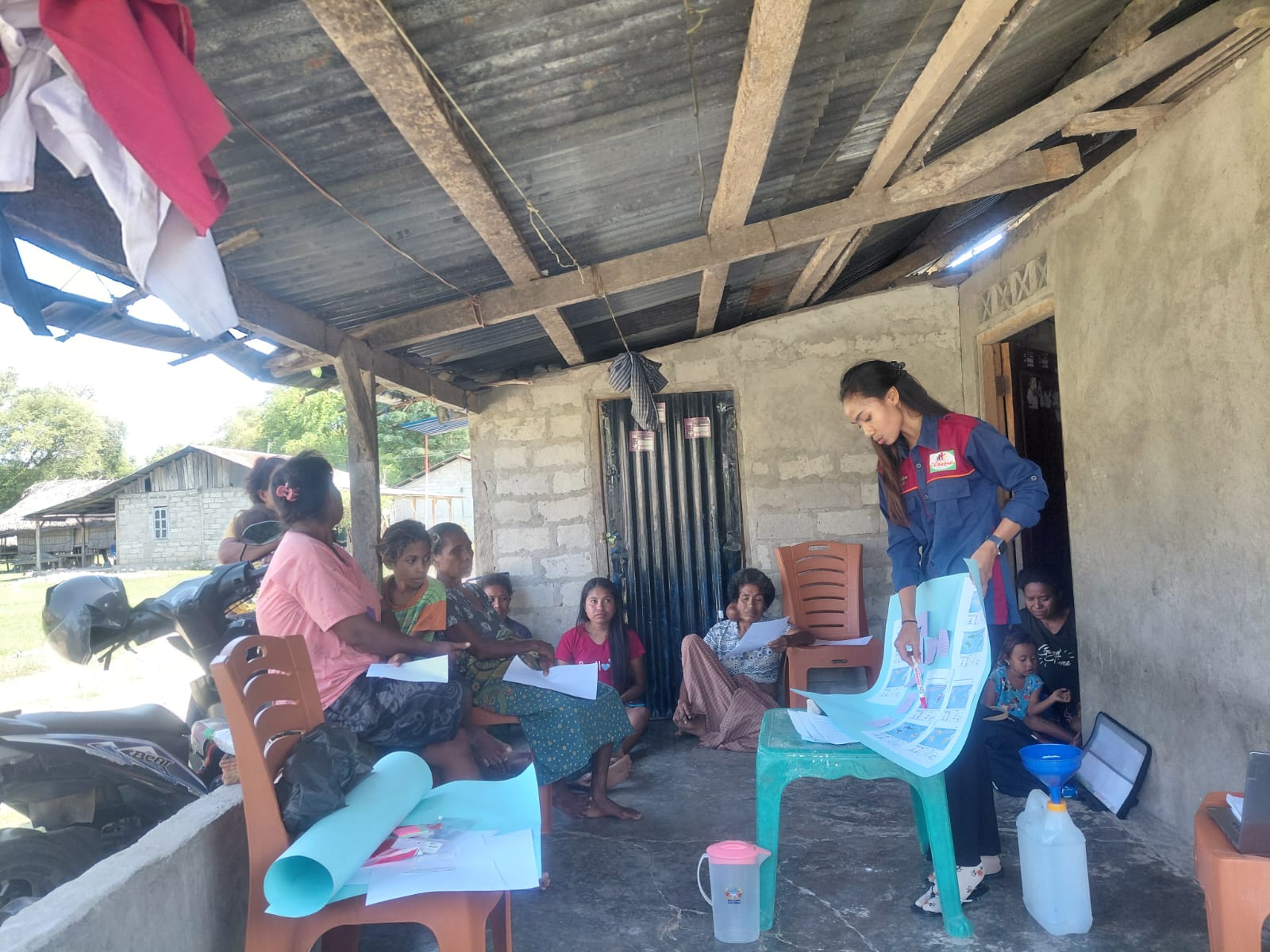
Climate Learning Series
09 Dec 2025
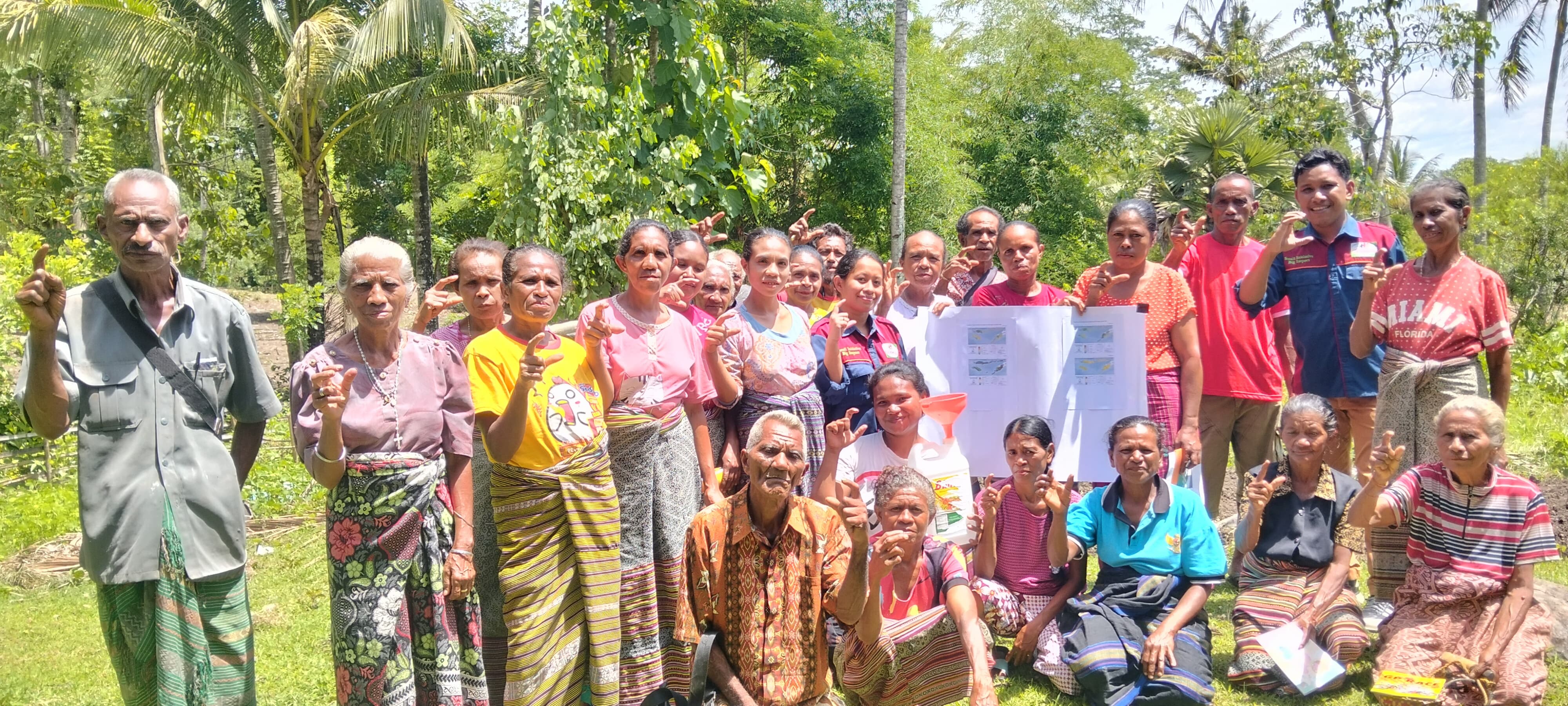
Climate Learning Series
09 Dec 2025
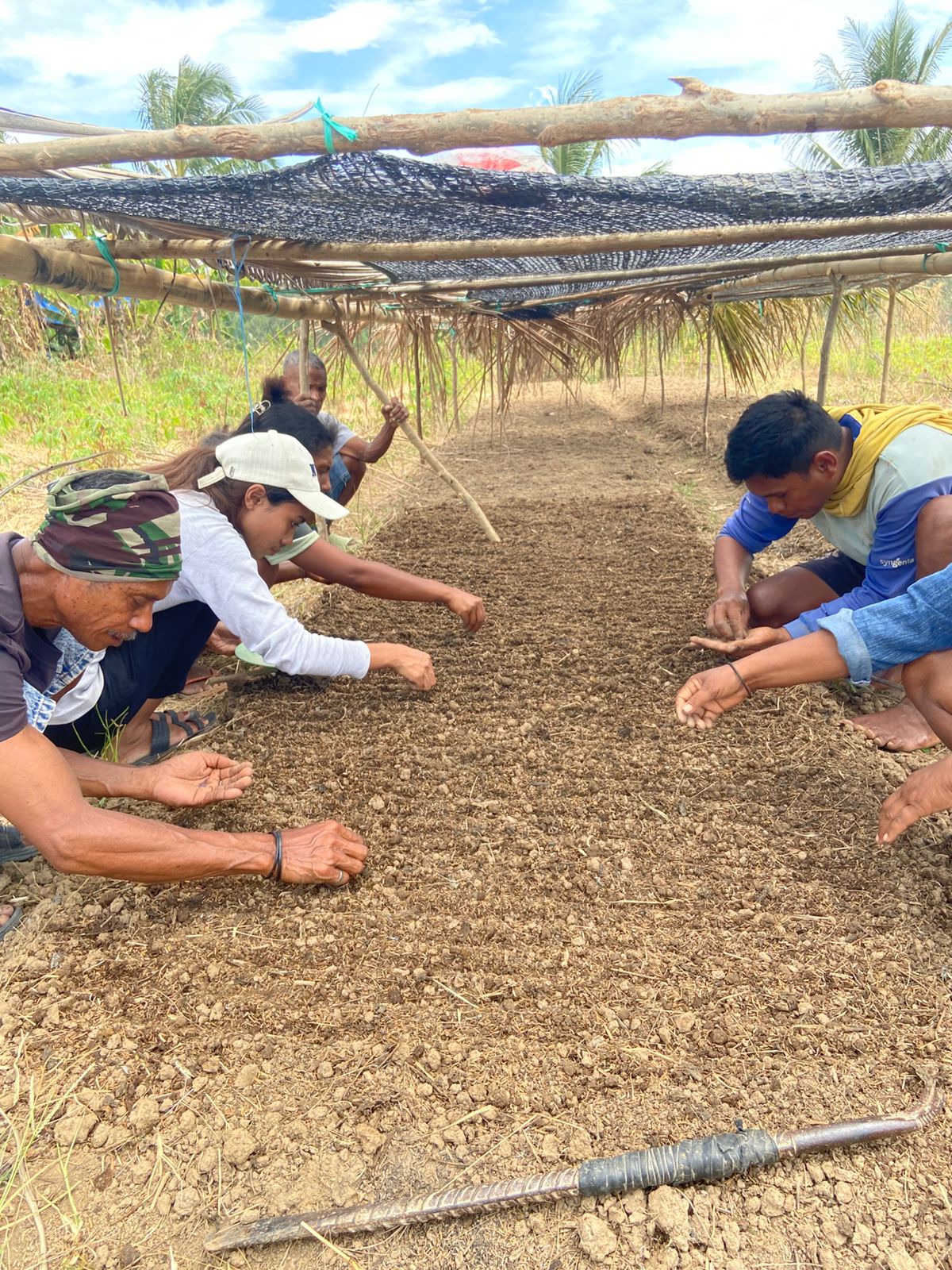
Sowing Hope
08 Dec 2025
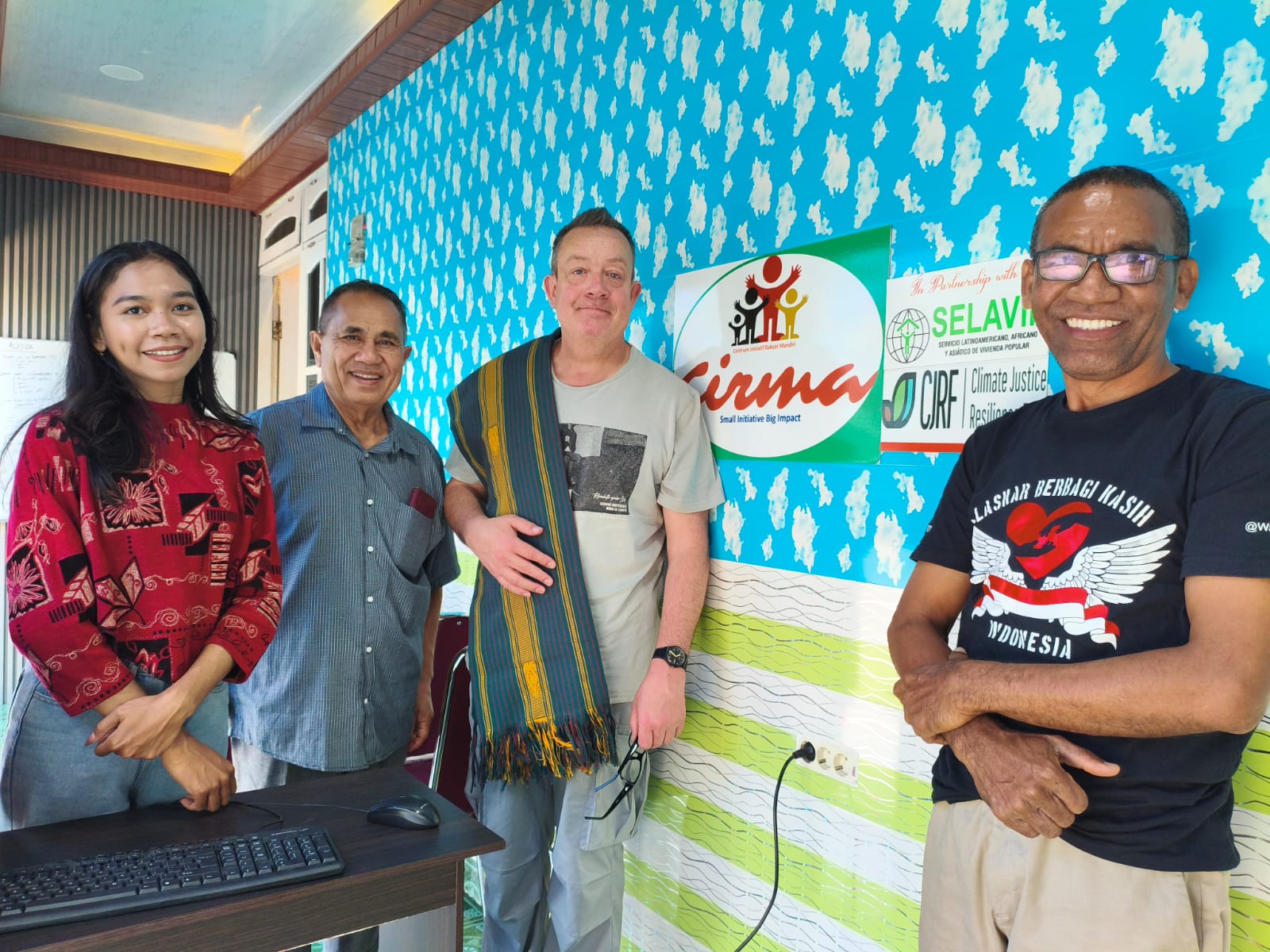
SELAVIP Visits CIRMA, 2025
02 Dec 2025
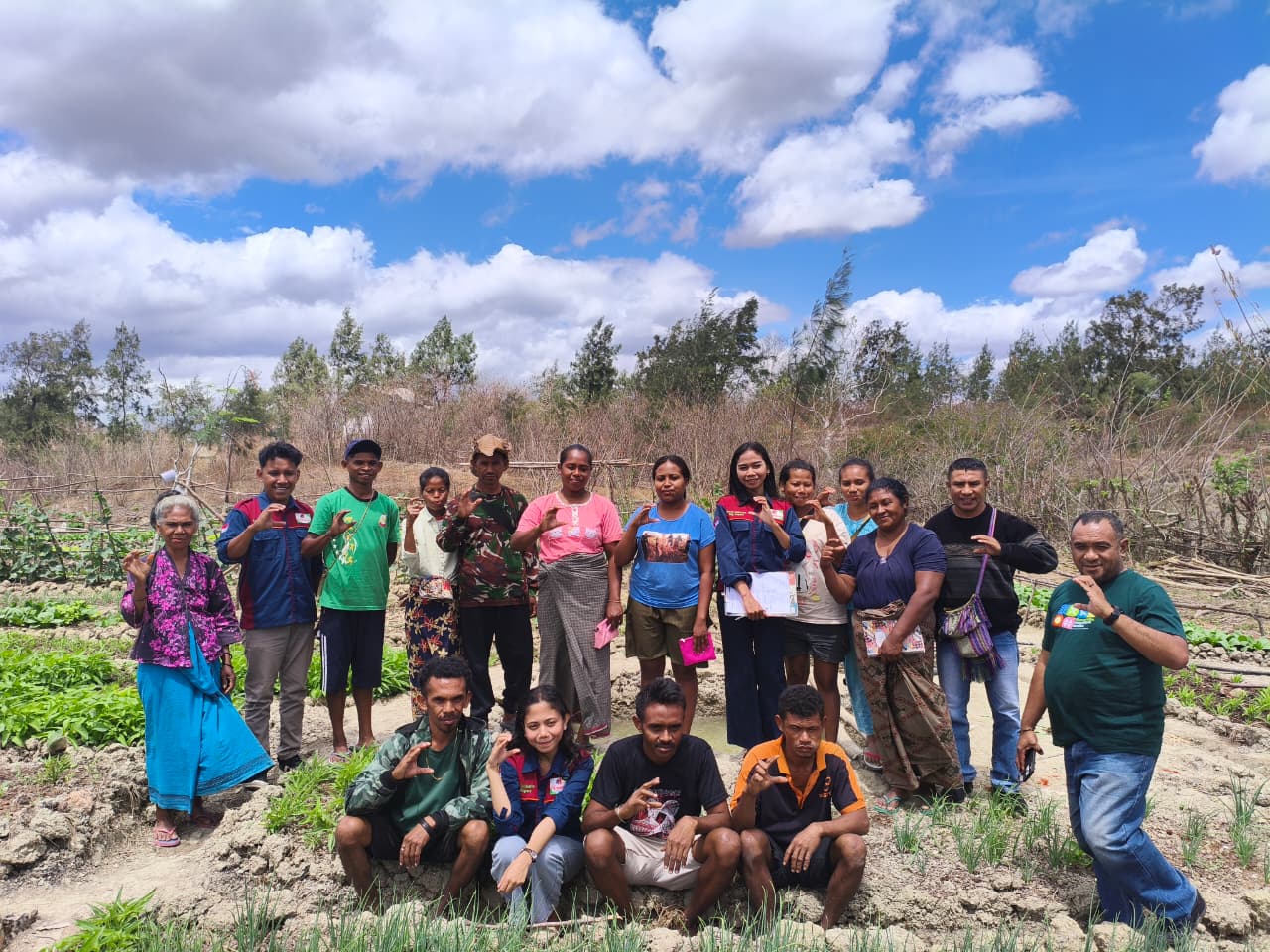
Demplot
02 Dec 2025
Community Voice/Suara Komunitas
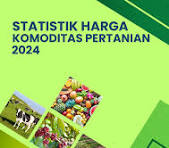
Kesenjangan harga jual antara petani dan konsumen akhir
Kesenjangan harga antara petani dan konsumen menggambarkan ironi pahit dalam rantai pangan. Petani menjual gabah atau sa...
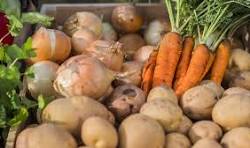
Maraknya Komoditi Pertanian dipasok dari Luar NTT
Maraknya komoditas pertanian yang dipasok dari luar NTT menjadi ironi di wilayah yang sebagian besar penduduknya adalah ...
Testimonial

Victor Fernandez
“Since our family received the Healthy Latrine support from SELAVIP and CIRMA, we no longer need to go outside to relieve ourselves, especially at night. I also learned how to maintain hygiene and care for our sanitation facilities in the right way. For us, this support is not just a toilet—it is comfort, health, and dignity for our family here in the Lospalos Resettlement, Oebelo Village.”





